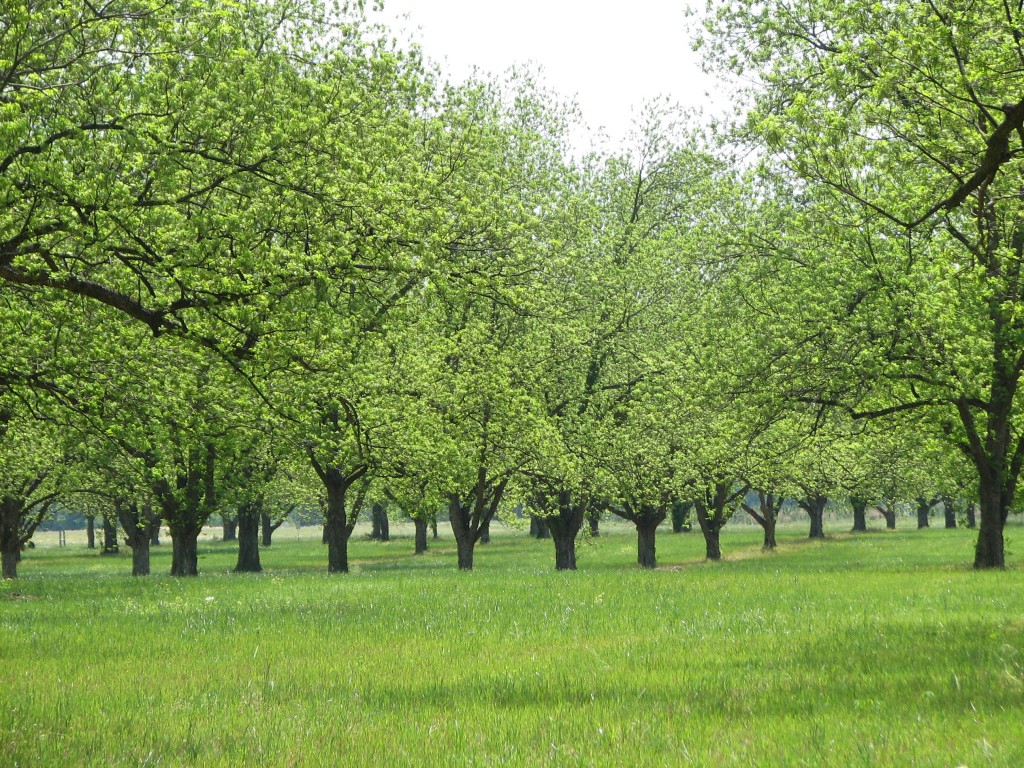Uncategorized
-
We have about reached shell hardening on most of our pecans in Georgia at this point. There are a number of things that come along with shell hardening in the process of growing pecans: Expect to see water stage fruit split soon In the coming weeks you will likely see nuts dropping from the trees.…
Posted in: Uncategorized -
It is that time of the year again when we expect pecan weevils to be present in the orchards. Peak emergence is expected to be between August 10 and September 20 in Georgia. Therefore, the last week of July would be the ideal time to start monitoring for these weevils by deploying pecan weevil traps…
Posted in: Uncategorized -
I’ve had a lot of calls over the last few weeks regarding leaf scorching on young trees. This is a topic I have written and talked about quite a bit over the last few years. See the following links for details from previous posts: https://site.extension.uga.edu/pecan/2016/06/leaf-drop-pecan-roots-and-soil-temperature/ While there are a number of factors that can lead to…
Posted in: Uncategorized -
Black aphid nymphs and feeding damage For those battling black aphids and considering using Pro Gibb to prevent the damage caused by this insect, applications should begin in mid July and continue for a total of 3-4 sprays. Pro Gibb prevents the development of chlorotic areas caused by black aphid feeding on the foliage. In…
Posted in: Uncategorized -
See the link below for a new extension bulletin for organic pecan production in Georgia: https://secure.caes.uga.edu/extension/publications/files/pdf/B%201493_1.PDF
Posted in: Uncategorized -
Desirable Drop Most growers know that Desirable drops a few nuts each June, which is one reason they tend to bear a crop every year (see previous blog post). Typical drop for Desirable is to lose 30-60% of the nuts in June. However, its still shocking to most growers to go out into the orchard…
Posted in: Uncategorized -
As what Dr. Wells posted last month, there have been reports on Phylloxera galls this season and I have seen them myself in a couple of orchards. Phylloxera outbreaks have been known to correlate with increased first generation shuckworm populations. Hickory shuckworm females favor to lay eggs in the Phylloxera galls and the dead leaf…
Posted in: Uncategorized
